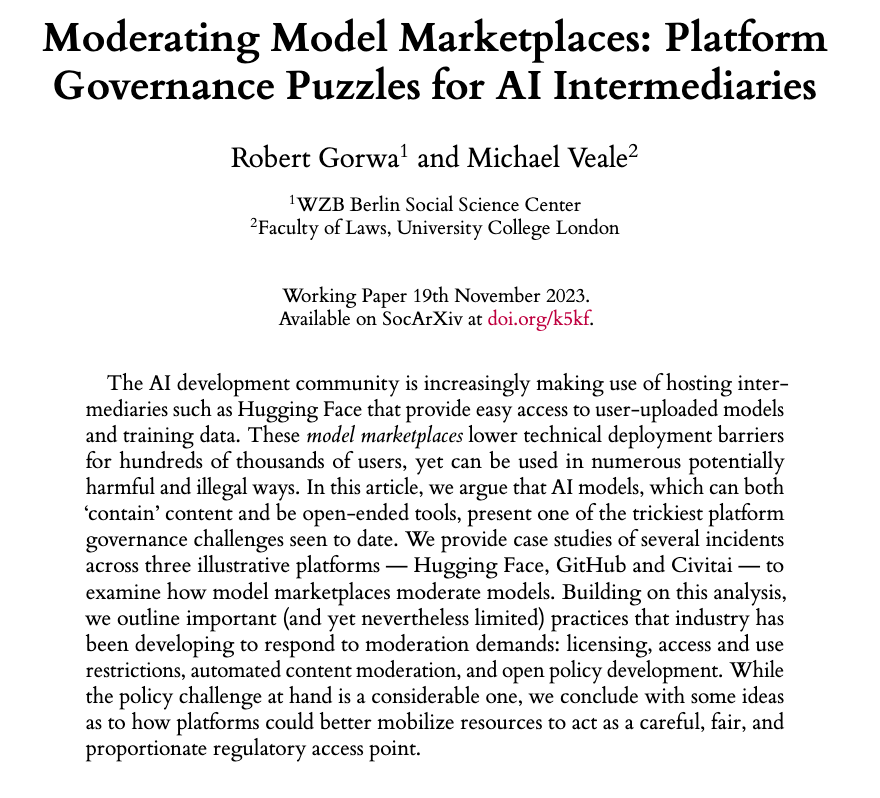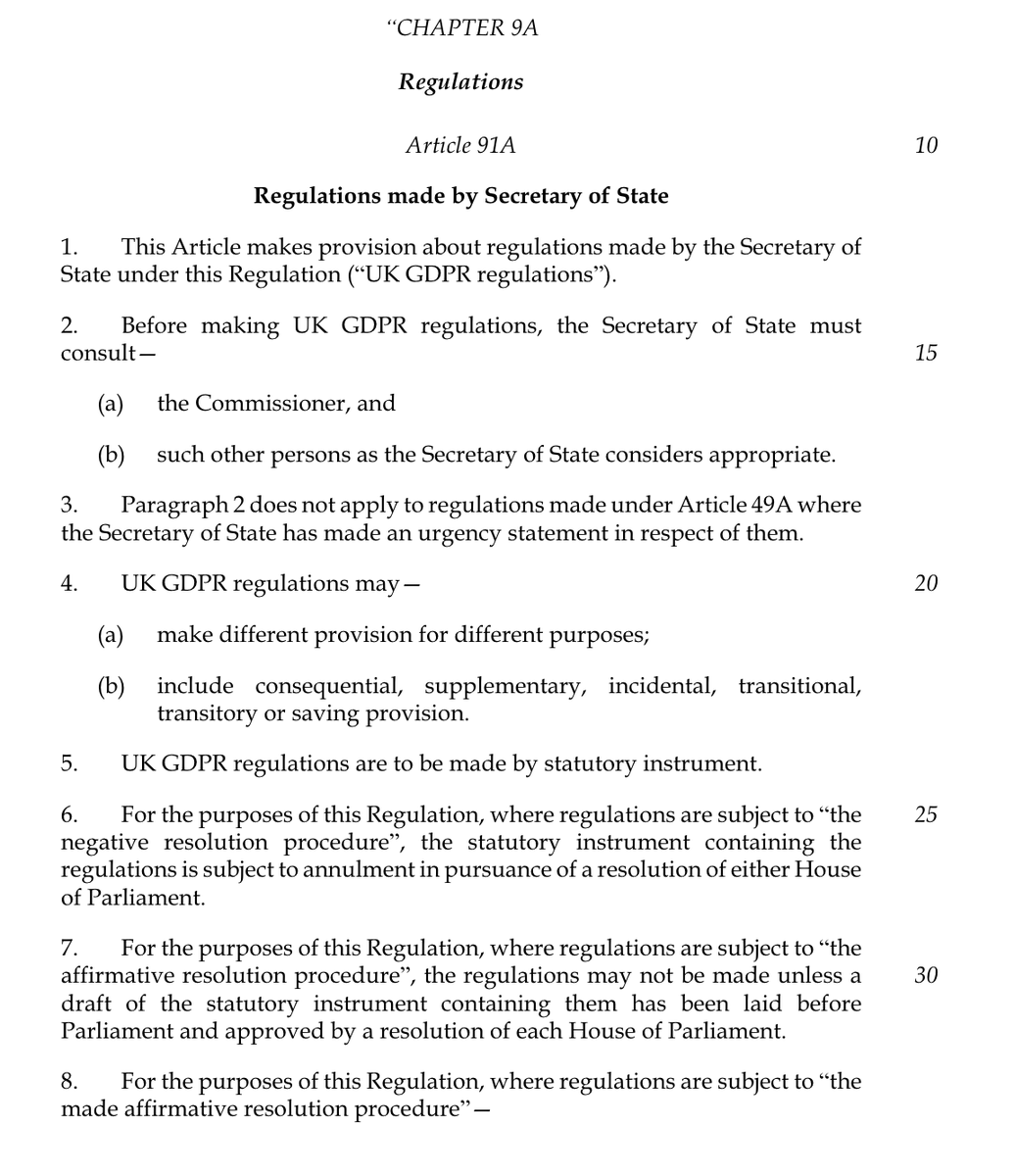The French presidency of the Council sent a compromise text on arts 16-29 of the EU AI Act, leaked to @Contexte. My analysis below: Thread 1/
To get caught up, previous thread on Council changes tranche 1:
https://twitter.com/mikarv/status/1465605600843341824?s=20&t=KOZYVpalGgv9uu93Vgf3Dg
Some changes altering technical documentation requirements, but these just trickle-down impacts from the Presidency's bigger attempt to exempt SMEs from having to fulfil specific legal documentation requirements in their previous edits (see prev thread: 

https://twitter.com/mikarv/status/1484548408023166986)


Amidst some text-shuffling, organisations no longer become "providers" for modifying the purpose of a high-risk system on the market. Seems bad but I suppose if they modified a system that was high risk into non high risk purpose, shouldn't be providers, and other criteria wide. 

If outside the Union, you needed an authorised provider. French amendments make them both responsible for snitching on their bosses if they break the regulation and jointly and severally liable under the Product Liability Directive. Importers have to check an auth rep exists. 



In a welcome move, the French actually put some direct human oversight roles on users, rather than having them all flow from the (potentially shoddy) technical documentation the providers make, which could have left users not liable if they had providers not scared of enforcement 

Footnote worthy, French also keen on putting a number to the length of logging in a couple of places; this is something the CNIL likes to do (and has done re the Law Enforcement Directive art 25 unlike many Member States, I have a forthcoming chapter on logging in the LED...). 

Unless I've missed something huge this is an update without many of the shocks and/or fireworks of the previous ones. Credit to @Contexte for obtaining the document.
https://twitter.com/Contexte/status/1490976286839291907?s=20&t=2ZNKO1PosK75Uhyb0kUSQg
has been pointed out to me that indeed as indicated this is not a big change as 2(23) even in the presidency version means substantial modification includes change of purpose. 
https://twitter.com/mikarv/status/1490992245809774598

• • •
Missing some Tweet in this thread? You can try to
force a refresh











